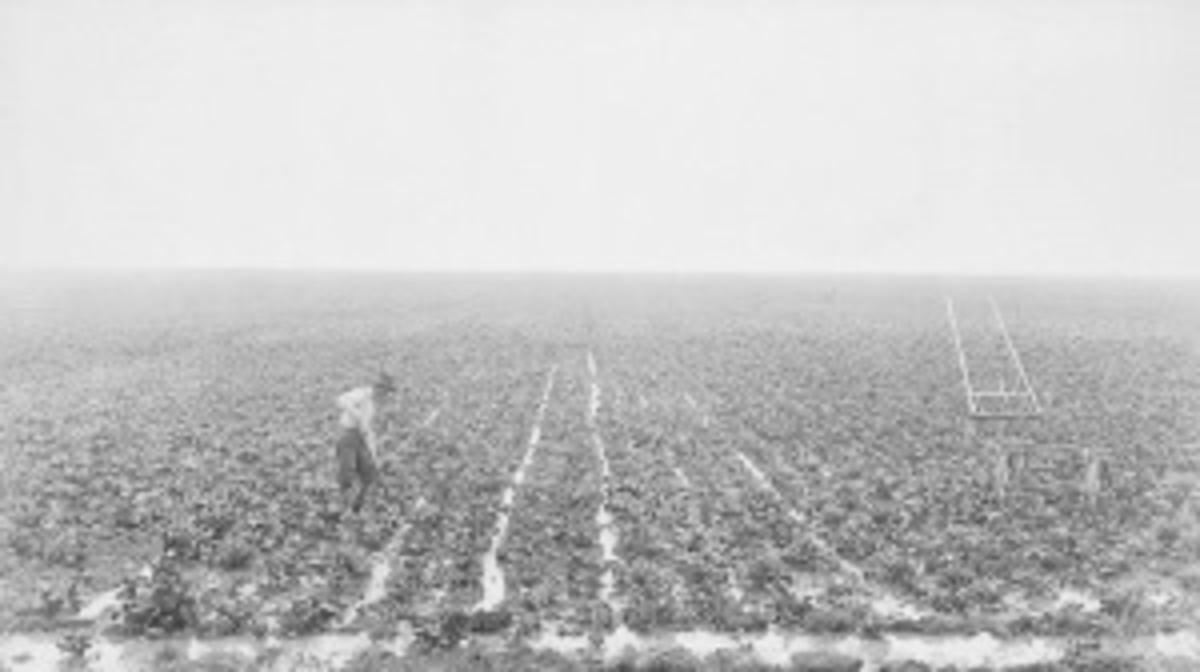In 1901 President Lorenzo Snow sent a “Greeting to the World” in which he called upon members of The Church of Jesus Christ of Latter-Day Saints to “Use your riches to give employment to the laborer … unlock your vaults, unloose your purses and embark in enterprises that will give work to the unemployed … Make others happy and you will be happy yourselves.” (“Greeting to the World”, President Lorenzo Snow, delivered at The Centennial Services, Tabernacle, Salt Lake City, January 1, 1901.)

Among those who heard this message was Jesse Knight, one of relatively few Latter-day Saint mining magnates in the nineteenth century Western America. Son of Newel Knight, a close friend of Joseph Smith and one of the original members of the Church when it was founded in1830.His marriage to his second wife Lydia Goldthwaite, was the first marriage performed by Joseph Smith.

Upon migrating with the early pioneers to Utah with his family, he went on to become a founder of the mining industry in Utah and a wealthy man.
Jesse Knight was known for his philanthropy. His generous gifts to Brigham Young University earned him a reputation as the 'patron saint' of BYU. He also gave freely to The Church of Jesus Christ of Latter-day Saints and to many church-related projects and helped to save the LDS Church from financial ruin as a result of legal battles with the federal government over control of the Utah territory.
In his writing, he expressed a belief that his money was for the purpose of doing good and building up his church; he regarded the matter as a 'trusted stewardship.' As he once said, 'The earth is the Lord's bank, and no man has a right to take money out of that bank and use it extravagantly upon himself.' President Snow’s counsel matched Jesse’s inclinations exactly.
Recollecting that Church leaders had encouraged members to buy land in Alberta, he sent two of his sons, Raymond and Will, to investigate. While there, the young men connected with the Honourable C. A. Magrath, a member of the Canadian Parliament who was anxious to sell them some land.

The family agreed to purchase 30,000 acres near Spring Coulee (235 kilometers/145 miles south of Calgary) for $2.50 per acre. On this property, he established a ranch which still exists today as the Knight Ranch, which at it’s peak reached an area of as much as 400,000 acres. There soon followed another agreement to buy 4000 head of cattle to graze on the abundant grassland. That eventually increased to 15,000 head of cattle and 40,000 sheep.

Seeing the potential of the country, Jesse negotiated another deal with the Canadian Northwest Irrigation Company and the Alberta Railway & Irrigation Company to purchase an additional 226,000 acres to put into cultivation growing sugar beets and commenced building a beet sugar factory.
Following the signing of the deal, a townsite was surveyed and the town was named Raymond after Newel’s eldest son. “Jesse Knight insisted that the town charter contained a forfeiture clause to the effect that if liquor or gambling houses or places of ill fame were established on the premises, the property owners would forfeit title to the land.” A church and school were among the first buildings that Jesse Knight erected in Raymond. His son Will became the first bishop there. Within five years, over 1,500 Latter-day Saints, mostly from Utah, had immigrated to Raymond.

It was reported by a friend sharing a meal with him after all his workmen had retired that Jesse Knight said, “I wish I might go to bed as the men have done, but I cannot until I have something planned for them to do tomorrow. I have tried all my life to keep my plans ahead of my work.”
Raising sugar beets in the harsh prairie climate proved to be quite a challenge for the people coming in from Idaho and Utah. It was a crop with which most were unfamiliar and there was severe competition from the Vancouver sugar refining companies. C. A. Magrath reported that “It takes real pioneers with courage, thrift, and good judgment to cope with such problems as confronted by the settlers of Alberta, Canada, but let it be said to the credit of those who have been prudent, that they are prosperous.”

Jesse Knight kept the counsel of his Church leaders; he did all that he could to promote settlement, employment, and righteousness. He helped to establish Southern Alberta as a place where members of the Church could both worship and prosper. In making others happy, he found true happiness for himself.
